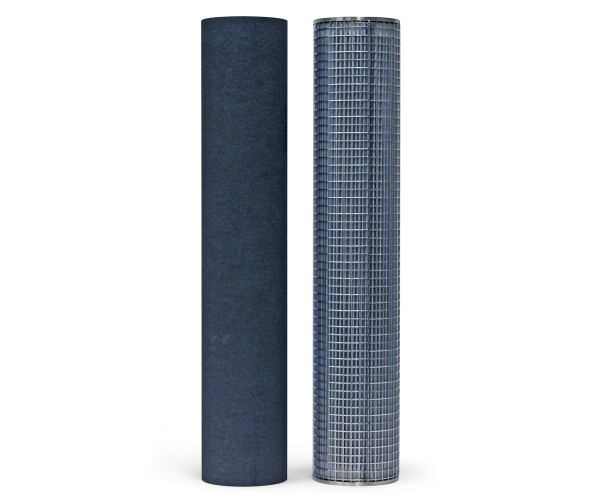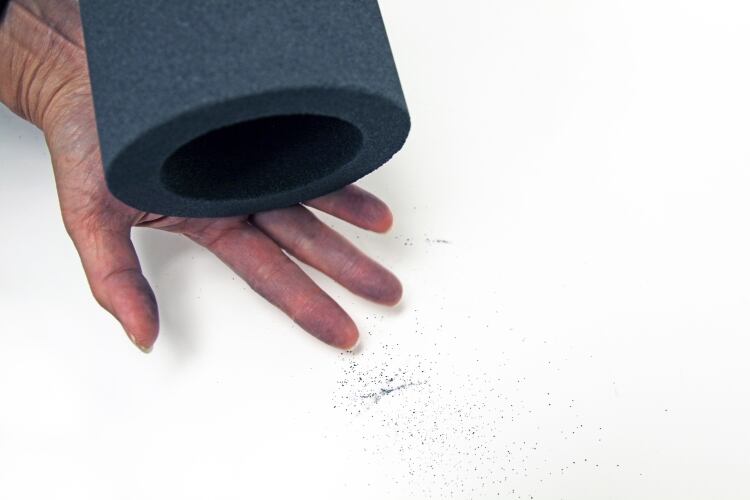Donaldson’s new GSL-N stainless steel filter complies with the Pasteurized Milk Ordinance (PMO), while eliminating potential carbon shedding in high-temperature, high-pressure applications.
Originally drafted in the 1950s, the PMO specifies that dairy processors use carbon tube steam filters “or equivalent.” The stainless steel GSL-N element has been independently verified to provide equivalent filtration. It also fits into most existing carbon tube housings common in dairy processing plants.

Donaldson developed the alternative filter at the request of dairy processors who discovered undesirable carbon particles in their process following a high-force event such as water hammer.
Richard Juskowiak, product support specialist with Donaldson Company in the process filtration group, said, “Since GSL-N filters fit legacy carbon tube housing, facilities can upgrade to durable stainless steel without expensive remodeling.
“Dairy processors can comply with the PMO without worry that their carbon filters will shed downstream into their process or product.”
Product advantages
GSL-N elements are constructed with 316L stainless steel for operation in high-temperature and high-pressure environments, and with efficiency of 99.9% at 2 microns, they exceed 3-A Standards for culinary-grade steam, which requires the removal of 95% of contaminants 2 microns and larger.
The elements can be ultrasonically cleaned up to six times before replacement, saving costs over non-reusable carbon filters, and, their pleated media provides greater filtration surface area than carbon, reducing pressure drop by a factor of eight, which conserves energy.

